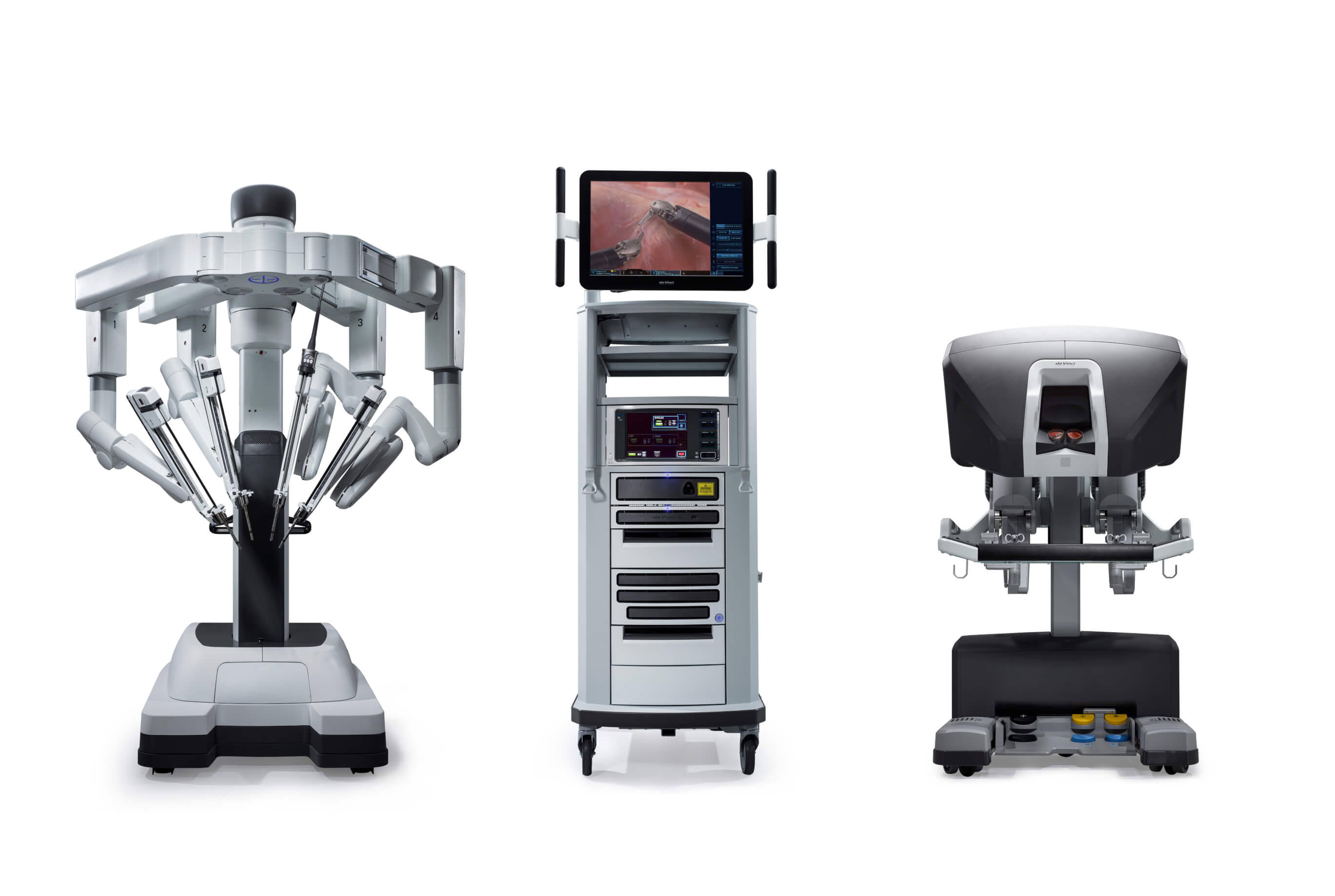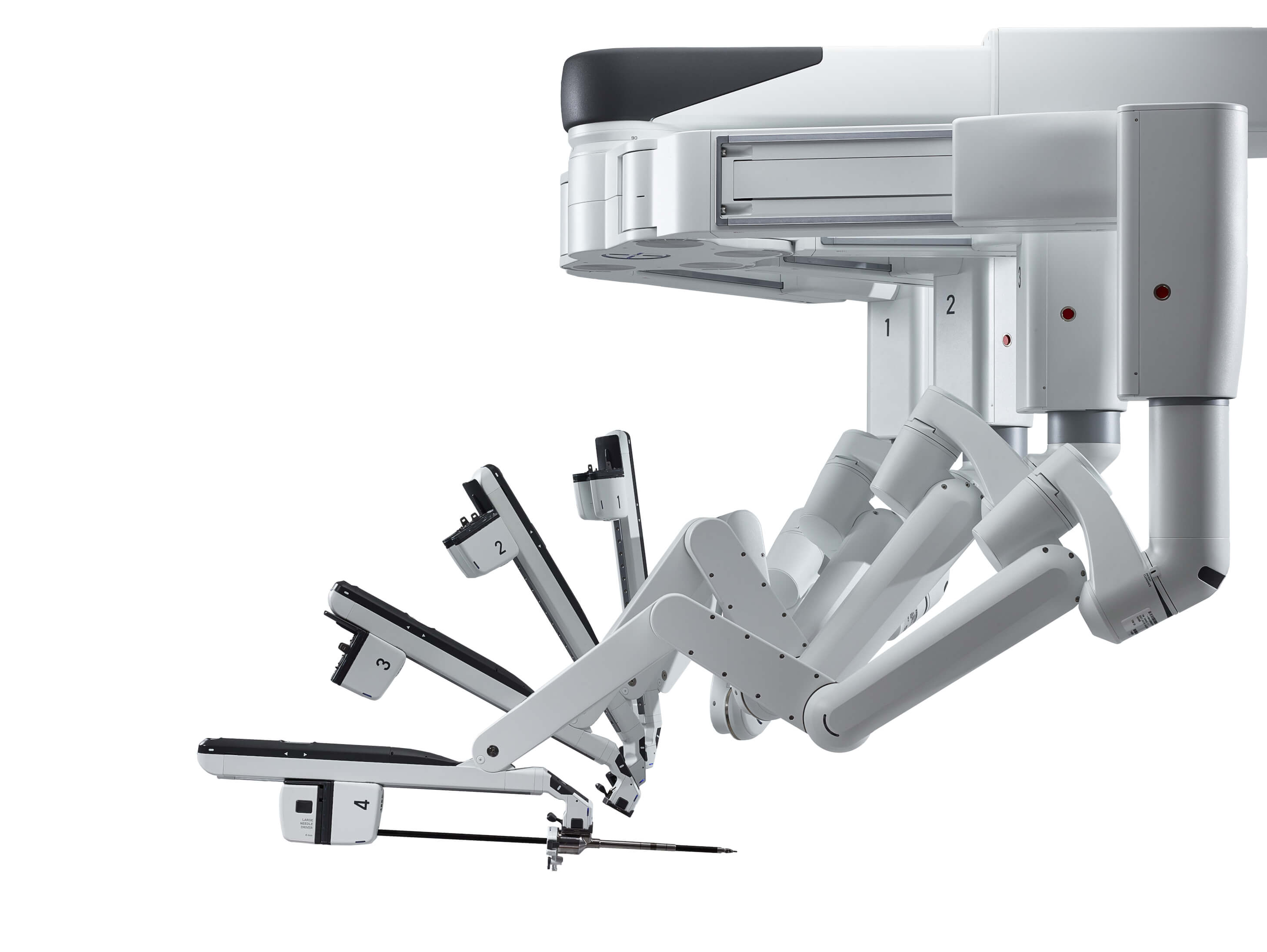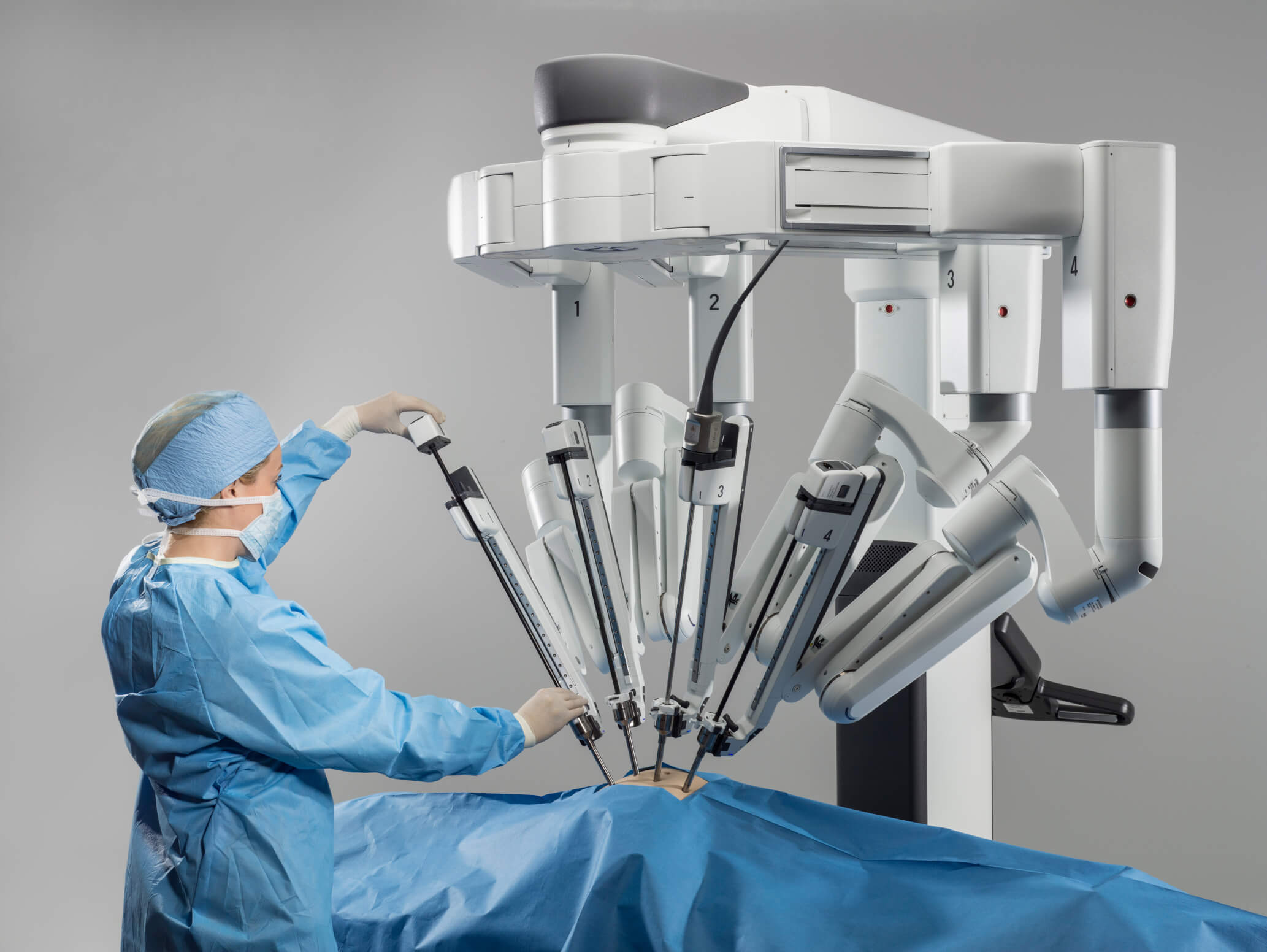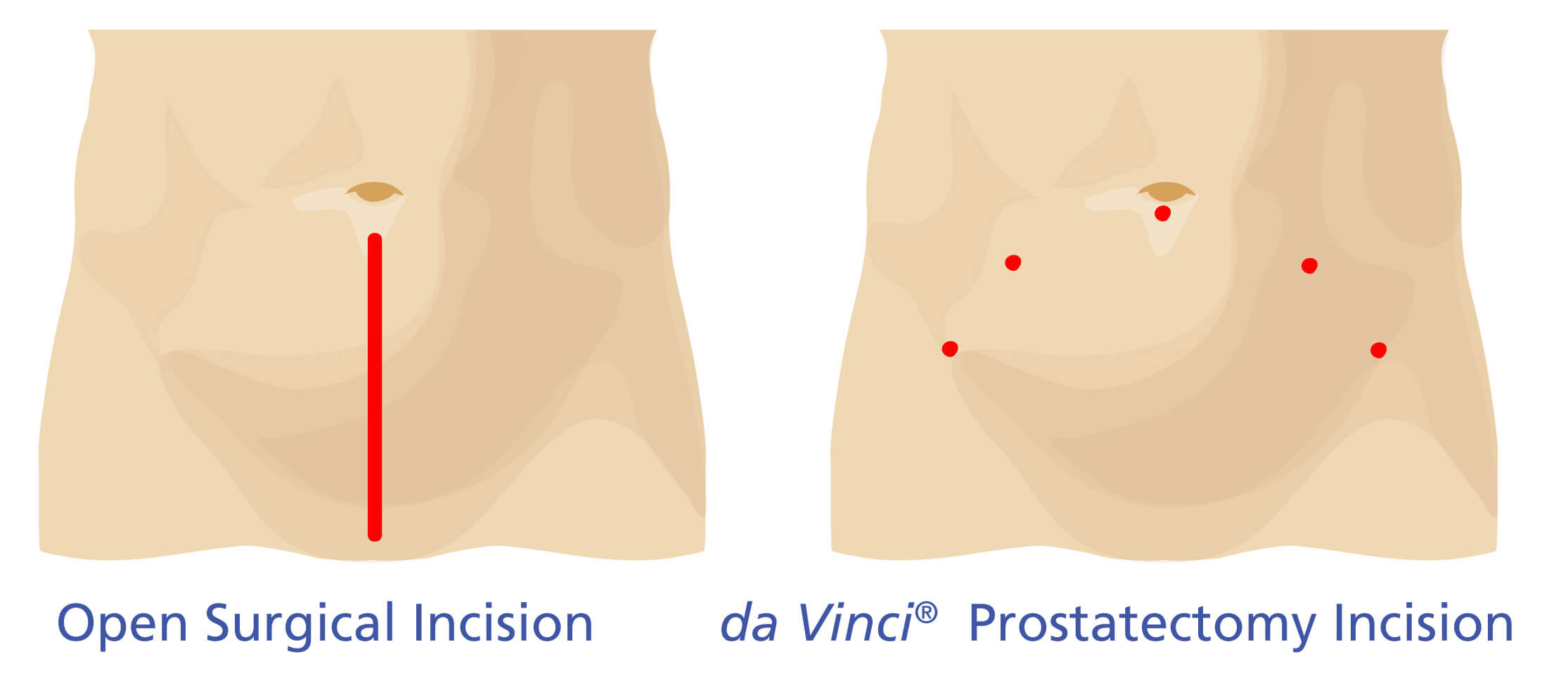- IF your catheter suddenly stops draining or falls out
- IF you have a fever of 38 or higher
- IF a wound looks infected (pus / heat / spreading redness around the wound)
- IF you have another urgent issue.
In hours call the office: 08 6323 5750
Do not allow anyone to remove or replace your catheter other than Isaac, Francesca or the Continence Nurses Lesley and Niamh at Hollywood Hospital.
AFTER HOURS EMERGENCY MANAGEMENT
Call Hollywood Private Hospital
08 9346 6000 – ask for the after-hours manager – readmission can be arranged
Attend Hollywood EMERGENCY department
Entrance 3, Monash Avenue, Nedlands – access in person of via ambulance
Attend your local EMERGENCY department
Please note, attending Hollywood Emergency Department attracts a fee of $200, this fee is to see the Emergency Consultant.
Urology Nurse Practitioner
Francesca Rogers
e: francesca@thyerurology.com.au
p: 08 6323 5750
Prostate Cancer Specialist Nursing Service – Hollywood Private Hospital
Lisa Ferri & Francesca Rogers & Lucy Lyons
e: prostatecarenurse@ramsayhealth.com.au
p: 08 9346 6961



